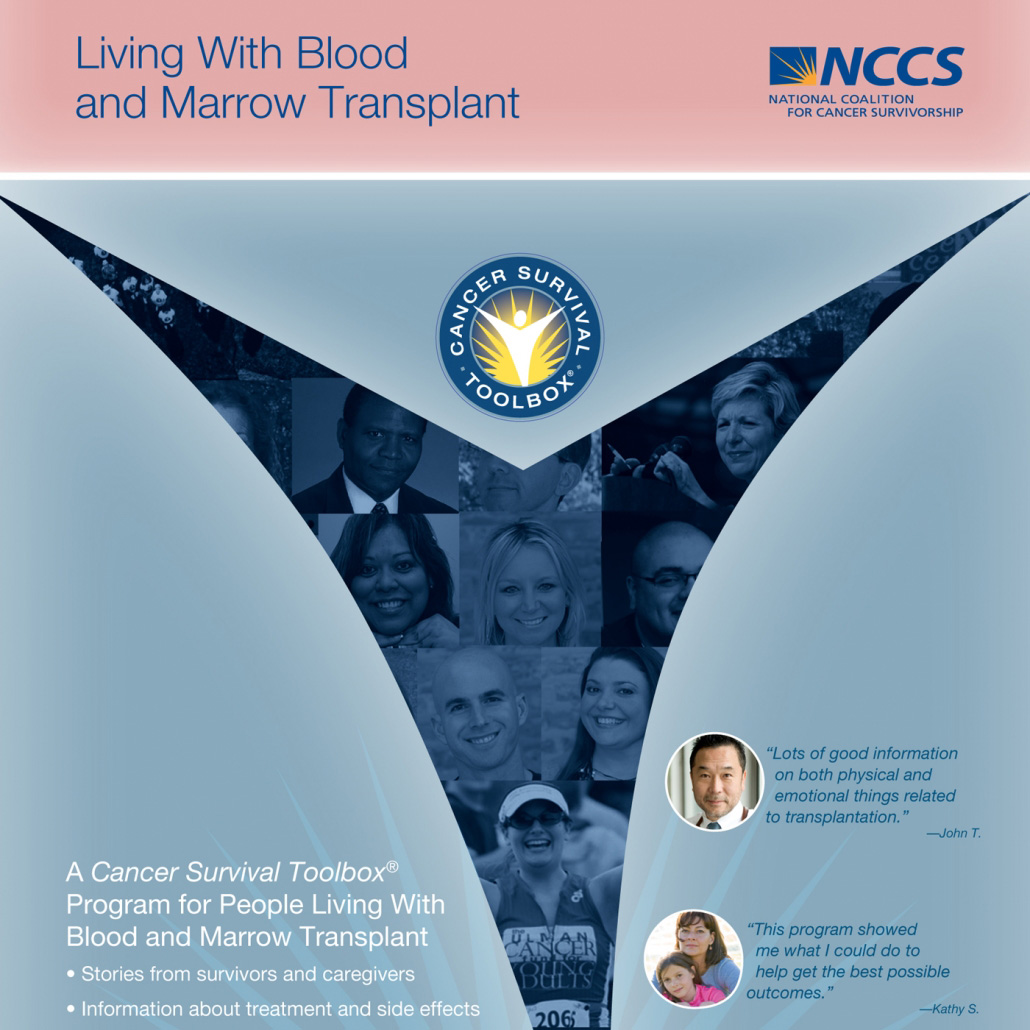Guest Post: Are Right to Try Laws a Good Idea?
Are right to try laws a good idea? During 2014, they began appearing throughout the country, first in Colorado, then in Missouri and Louisiana, and, just recently, in Michigan and Arizona. Similar legislation is now or will soon be under consideration in New Jersey, Delaware, Nevada, Texas, and Wyoming.
At first glance, these laws may seem worth enacting. They promise terminally ill patients the ability to try experimental drugs, devices, or biological products (for example, stem cell-based treatments) in their quest to save or extend their lives. These potential therapies are still in development and have not completed the testing that the Food and Drug Administration (FDA) requires for a treatment to be approved for sale or use in the United States.
The problem is that these laws do not deliver on their promises and some of the laws may harm the very patients that those backing the right to try concept want to help. How can this be? The answer lies in what the laws actually say. From state to state, the laws are quite similar, showing their direct derivation from a model bill put out by the Goldwater Institute, a conservative think tank based in Arizona. According to this model bill,
A manufacturer of an investigational drug…may make available and an eligible patient may request the manufacturer’s investigational drug…under this act. This act does not require that a manufacturer make available an investigational drug, biological product, or device to an eligible patient.
So, patients may ask, and companies may provide – if they want. This means that the right to try is not really a “right” at all, as nobody is obligated to give the patient anything. It gets worse. Elsewhere in the model bill it says, “A manufacturer may…[R]equire an eligible patient to pay the costs of, or the costs associated with, the manufacture of the investigational drug, biological product, or device.” Not only may the company charge the patient, but insurers do not have to cover these costs.
How does this differ from the situation facing the terminally ill today? Not at all. Patients do not need a new law in order to be able to make “compassionate use” requests of experimental products. Ironically, the new laws – which pertain only to dying patients – are more restrictive than the current system, in which patients seek compassionate use access hoping to stave off blindness, paralysis, or any number of other serious but not fatal problems.
The current system is far from perfect. As compassionate use requests are normally channeled through doctors, patients who do not have access to high quality healthcare providers may never be informed of the possibility of compassionate use. Right to try laws offer no solution to this problem, stating only that doctors will not get in trouble for recommending or being involved in the use of an investigational product. (This is a red herring: I know of no such cases. If a doctor gets in trouble, there was something else going on, such as a fraudulent claim of efficacy for the experimental product.)
If they cannot find a doctor to channel their requests, patients can make their own compassionate use requests, provided they find some way – on the phone, on social media, through the local news media – to contact the company. Again, this poses problems: for example, not everyone is able to navigate the media or the internet successfully. But again, right to try laws do not help fix this situation.
The key difference between the current situation and the situation as it would be under a right to try law is that suddenly medical products that have gone through Phase I testing (safety testing only) would be considered quasi-therapeutic agents, even though they have not be tested for efficacy. And while terminally ill patients would have to sign a form testifying that they understand the potential treatment is experimental and has not been shown to work in humans, several of the laws state that “eligibility for hospice care may be withdrawn if the patient begins curative treatment with the investigational drug.” Colorado’s law goes even further, stating that patients in such cases might lose in-home healthcare or certain types of insurance coverage.
The “right to try” is an appealing slogan, but it is hollow, offering only false hope. Furthermore, it is fundamentally wrong to penalize dying patients simply because they want to try an experimental treatment. The false hope these laws generate, coupled with the fact that hospice or other kinds of care may be withdrawn from those who need it, makes it clear that the right to try concept does not help the dying and may, in fact, leave them worse off.
Alison Bateman-House is a Rudin Post-Doctoral Fellow in the New York University Department of Population Health, where she serves as the deputy director of the NYU Working Group on Conscientious Objection. She holds a doctoral degree from Columbia University’s Department of Sociomedical Sciences, and she also has graduate degrees in public health and bioethics.
The views & opinions expressed in any guest post featured on our site are those of the guest author and do not necessarily reflect the opinions & views of the National Coalition for Cancer Survivorship. Read our blog and comment policies here.






